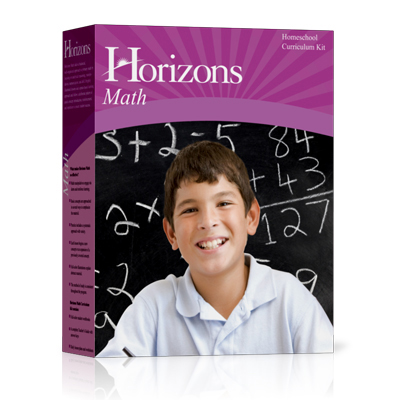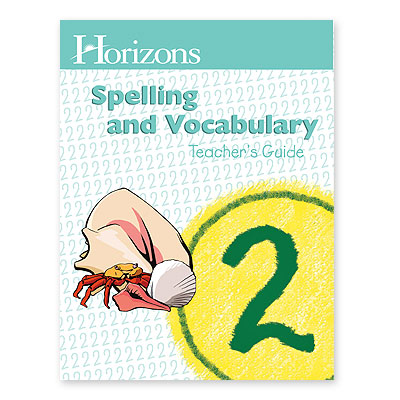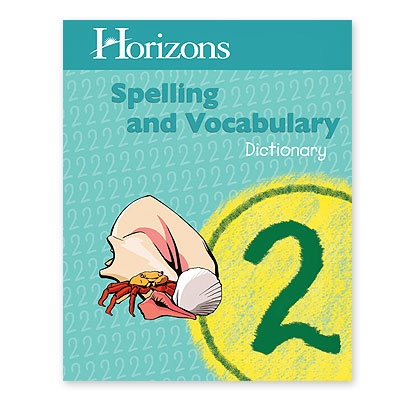Description
The Horizons PreK-2nd Grade Physical Education Teacher’s Guide provides homeschooling families with an exceptional four-year comprehensive curriculum that goes far beyond traditional exercise routines. Created by Alpha Omega Publications, this thoughtfully designed program integrates biblical principles with age-appropriate physical development, making it an ideal choice for Christian homeschool families seeking to nurture both their children’s physical abilities and spiritual growth.
Comprehensive Four-Year Scope for Growing Bodies
This all-in-one teacher’s guide covers the critical early childhood development years from preschool through second grade, recognizing that children ages 3-8 experience rapid physical and neurological growth. During these formative years, children’s brains are developing crucial motor pathways that will serve as the foundation for all future athletic and physical activities. The curriculum systematically addresses these developmental needs through carefully sequenced lessons that build upon each other year after year.
For families with multiple young children, this single resource eliminates the need to purchase separate curricula for different grade levels. Parents can easily adapt the activities for children at various developmental stages, making family physical education time both efficient and enjoyable. The spiral learning approach means concepts are introduced, reinforced, and expanded upon across all four grade levels, ensuring mastery while preventing boredom.
Flexible Three-Day Format Perfect for Busy Homeschool Schedules
Understanding the demands of homeschool life, this curriculum is specifically designed for implementation three days per week, making it manageable for families juggling multiple subjects and children. This schedule allows for consistency without overwhelming parents or children, while still providing sufficient physical activity to meet developmental needs and potential state requirements.
The flexible format easily accommodates various homeschool approaches. Families following a traditional Monday-through-Friday schedule might choose Monday, Wednesday, and Friday for PE, while those with alternative schedules can adapt timing to fit their needs. The curriculum also works well for cooperative learning situations where multiple families might gather for group physical education sessions.
Building Essential Motor Skills Through Creative Movement
The curriculum focuses on developing fundamental motor skills that serve as building blocks for all future physical activities. Rather than emphasizing competitive sports, the program concentrates on helping children master basic movements like running, jumping, hopping, skipping, throwing, and catching. These foundational skills are presented through engaging games and creative movement activities that feel like play while systematically developing coordination, balance, and spatial awareness.
Young children learn best through movement, and this curriculum capitalizes on that natural inclination. Activities are designed to stimulate brain development while building physical competence. Research shows that children who develop strong fundamental motor skills in early childhood are more likely to participate in physical activities throughout their lives and experience greater success when they choose to pursue organized sports.
Complete Teaching Support for Confident Implementation
One of the greatest challenges homeschool parents face is feeling unprepared to teach subjects outside their comfort zone. This teacher’s guide eliminates that concern by providing comprehensive, step-by-step instructions that require no prior physical education experience. Each lesson includes clear objectives, detailed instructions, equipment lists, and teaching tips that help parents feel confident and prepared.
The curriculum includes sample lesson plans that demonstrate how to structure effective PE sessions, evaluation checklists to track student progress, and both psychomotor and intellectual learning goals that connect physical activity to broader educational objectives. This thoroughness ensures that parents can provide quality physical education even if they don’t consider themselves athletic or experienced in teaching movement skills.
Character Development Through Christian Perspective
What sets this curriculum apart from secular physical education programs is its intentional integration of Christian values and biblical principles. Physical fitness becomes a way to honor God’s design for our bodies, teaching children that caring for their physical health is part of stewarding the gifts God has given them. Lessons incorporate discussions about teamwork, perseverance, self-discipline, and treating others with kindness and respect.
This approach helps children understand that physical activity serves purposes beyond just getting exercise. They learn about working together, encouraging others, handling both success and disappointment gracefully, and developing the self-discipline that serves them well in all areas of life. For Christian families, this integration means PE time becomes another opportunity to reinforce family values rather than simply checking off a curriculum requirement.
Age-Appropriate Progression and Development
The curriculum recognizes that preschoolers and second-graders have vastly different physical abilities and attention spans. Activities are carefully graded to provide appropriate challenges at each developmental stage. Preschoolers focus on basic body awareness and simple movements, while older children in the program tackle more complex coordination tasks and begin learning basic sports skills.
This progression ensures that children experience success and build confidence while being appropriately challenged. Parents can easily see their children’s growth over the four-year span, from hesitant preschoolers just learning to hop on one foot to confident second-graders who can coordinate complex movement patterns. The systematic approach prevents gaps in development while building a comprehensive foundation for future physical activities.
Practical Benefits for Homeschool Families
Beyond the educational benefits, this curriculum provides practical advantages for homeschool families. Regular physical activity helps children develop better focus and attention spans, making other academic subjects more effective. The structured PE time also provides an excellent energy outlet for active children, leading to calmer, more productive learning sessions afterward.
For families in regions with challenging weather, the curriculum includes numerous indoor activities that require minimal space and equipment. This ensures that physical education can continue year-round regardless of circumstances. The program also works well for families with limited outdoor space or those who prefer indoor activities.
Building Lifelong Healthy Habits
Perhaps most importantly, this curriculum helps establish positive associations with physical activity that last a lifetime. By making movement fun, successful, and meaningful, children develop the habit of regular physical activity and the confidence to try new physical challenges as they grow. This foundation becomes increasingly valuable in our sedentary culture, where establishing active lifestyles early provides significant long-term health benefits.
The curriculum’s emphasis on personal progress rather than competition helps all children, regardless of natural athletic ability, develop positive relationships with physical activity. This approach is particularly valuable for children who might struggle in traditional competitive sports environments but can thrive in the supportive, individualized homeschool setting.
Educational Attributes
Grade Level: PreK-2nd Grade (4-year progression) Subject: Physical Education Educational Approach: Christian perspective with spiral learning methodology Curriculum Type: Comprehensive teacher-led program Learning Style: Kinesthetic, visual, and auditory learners accommodated Skill Level: Beginning (builds fundamental motor skills)
Practical Attributes
Lesson Count: Four years of structured lessons Estimated Completion Time: 3 days per week for optimal development Answer Key Included: Yes (includes evaluation checklists and assessment tools) Format: Print teacher’s guide
Content/Scope Attributes
Topics Covered: Motor skills development, strength building, endurance training, flexibility enhancement, sports knowledge, Christian character development, healthy living habits
Real-world Applications: Foundation for lifelong fitness, preparation for organized sports, development of self-discipline, teamwork skills, and biblical stewardship of the body
Format/Usability Attributes
Format: Teacher’s guide with detailed lesson plans and instructions Reproducible: Activities and evaluation forms included for family use
Special Features
Biblical integration throughout all lessons, spiral learning reinforcement, multi-year comprehensive scope, flexible scheduling options, minimal equipment requirements, indoor and outdoor activity options, developmental progression tracking, character development emphasis.





Reviews
There are no reviews yet.